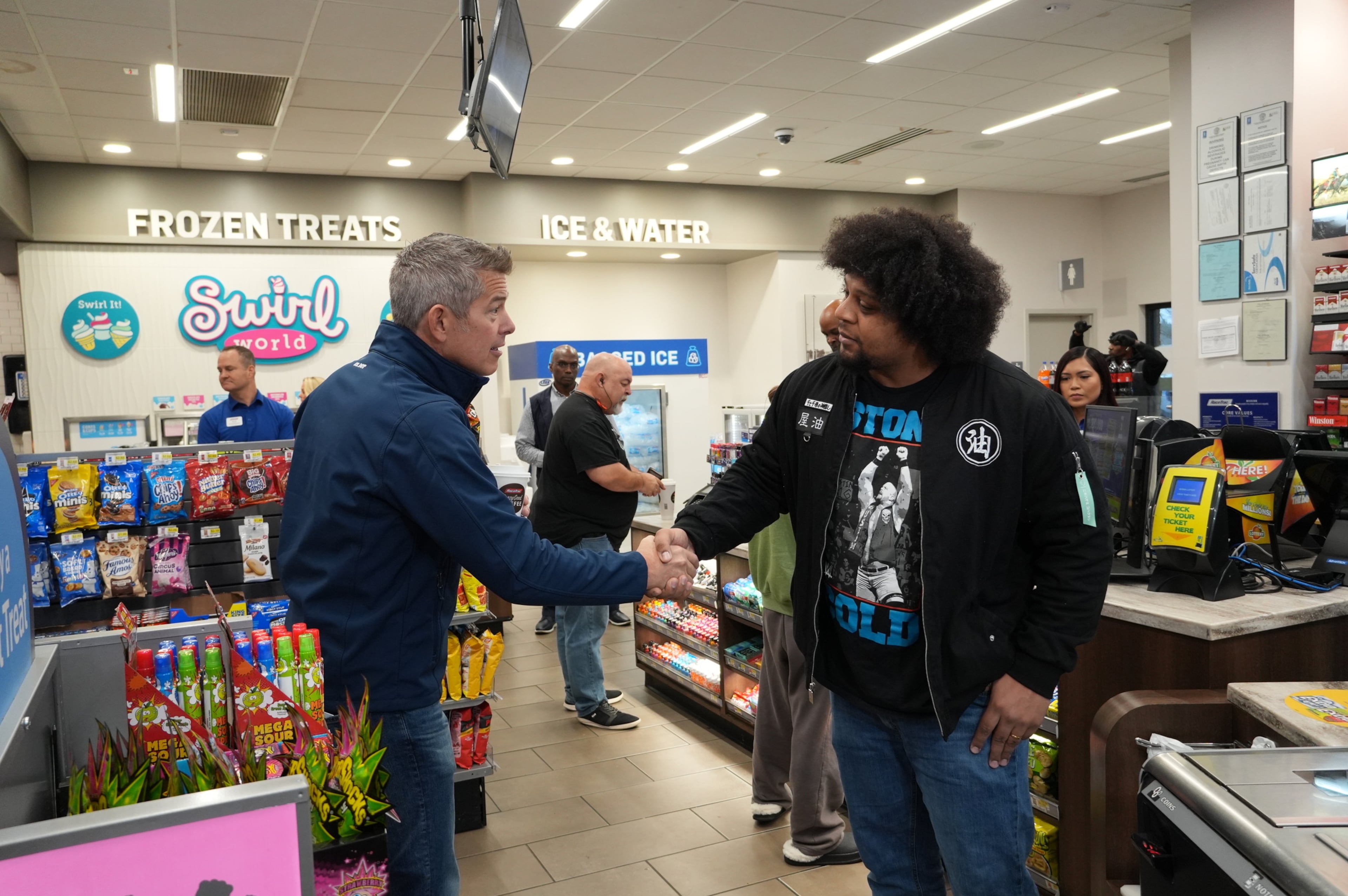Timeless gifts of listening and teaching

The AJC’s Celestine Sibley was a reporterand columnist for more than 60 years.
This column appeared in the combined The Atlanta Journal and Constitution of Dec. 25, 1965.
This is the day when we’re all going to be up to our necks in Things and try very hard not to be consumed by them. We are going to wade around in tissue paper, exulting in such treasures as our kith and kin have endowed us with, looking sideways all the while to see how they like the pretties we got for them. And simultaneously we are going to try to keep uppermost in our minds the admonition I saw most recently hanging over merchant Richard H. Rich’s desk: People are more important than things.”
It’s enough in this “so hallow’d and so gracious” time to make schizophrenics of us all.
An old mountain friend came in to bring me some of those little red apples that are variously called Yates, lady apples and Christmas apples — small, ruby red and sweetly crisp. He paused a while to speak of gifts and givers.
“In a way they didn’t make much of Christmas when I was a young-un,” he said. “And in a way they did. Ma and Pa didn’t have cash money to spend on us but they was about the givingest folks you ever saw.”
“What kind of things did you get for Christmas?” I asked, hoping for a rundown on old time play pretties and celebrations.
He chuckled.
“Once I got some copper-toed shoes. First I ever had that weren’t homemade. About everything we had was homemade and we liked it fine. But the giving I’m talking about wasn’t in Things.”
And it wasn’t just Christmas giving either, from the way he told it.
He’s in his late 70s, and such talk wasn’t a practiced thing with him. The sentences weren’t smooth and well rounded from use. He spoke haltingly and sometimes he stopped and shifted the basket of apples around and took one out and smoothed it on his heavy work jacket. What he said he had been saving to say, and it was important to him.
The things his parents gave him were all the knowledge they had — how to work for a living, how to “take-a-holt” of an unhandy task, how to use themselves and the fields and forests around them.
“Pa thought learning us to work was worth every bit of time it took, even when he was pushed, and every mistake we made. Many a time I’ve seen him make me and the other bigger boys stand aside while he let one of the little ones take his turn at learning something we coulda done easy.”
His parents gave him time — precious hours of listening when the children needed to talk. “Ma did for a round dozen of us and I never once heard her say, ‘Hush, run along, I’m busy.’ She’d stand still with her hands in dough and listen bug-eyed to any fool thing we wanted to tell.” They gave him gaiety, fiddle tunes and ballads and a joy in the natural things about him. They gave him his religion. And they gave him a vision.
“Ma had a calendar a patent medicine salesman gave her with pictures of Great Americans on it. She always thought every last one of us would be Great Americans.”
He grinned. “None of us ever got our pictures on a calendar that I know of. But I have a sister that’s a missionary, three brothers that are preachers and one that’s a doctor.”
“And you?” I asked.
“I plant trees,” he said with dignity. “Ma thought well of that.”

